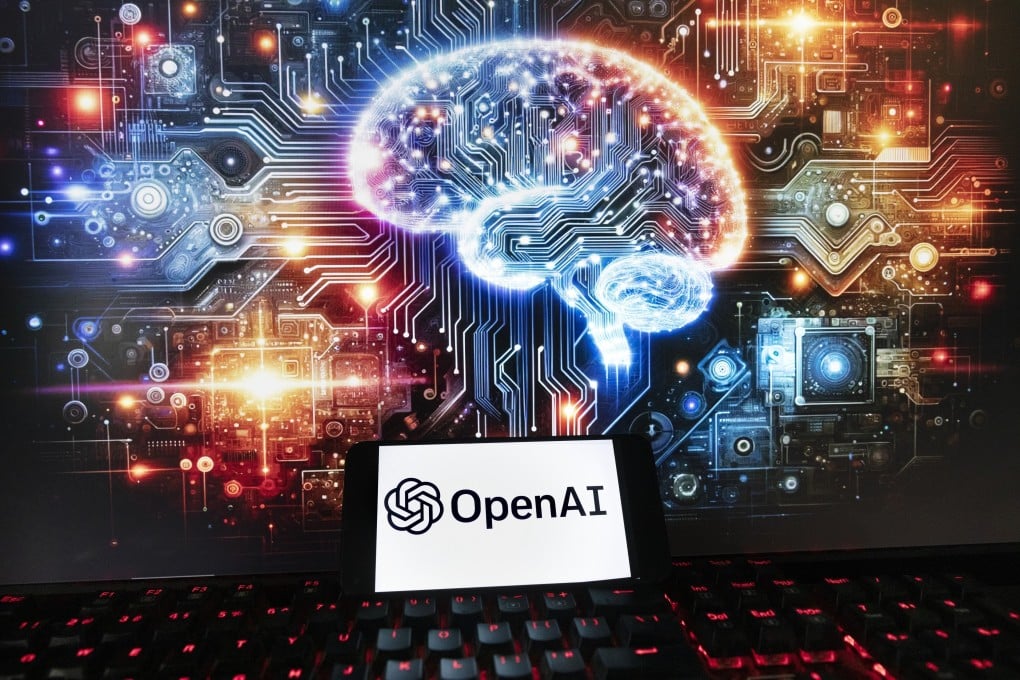OpenAI’s ban on Chinese access to ChatGPT to spur growth of local alternatives, experts say
- The US firm’s ban on China-based developers will force them to pick local AI models as alternatives, says Qihoo 360 founder

OpenAI’s upcoming ban on China-based developers’ access to its service is set to contribute to the growth of the Chinese artificial intelligence (AI) sector rather than hinder its progress, industry insiders and analysts said.
“OpenAI halting China market access will only accelerate the Chinese large language model (LLM) industry’s growth,” Zhou Hongyi, founder and chief executive at cybersecurity firm Qihoo 360, said in a social media post on Wednesday.
Zhou - whose Beijing-based company has developed its own LLM, the same technology behind OpenAI’s ChatGPT and other generative AI services – said the US firm’s ban on China-based developers would only push away its users, forcing them to pick local AI model builders, who have been vying for a bigger slice of the market.
OpenAI has not officially made its service available in China, including Hong Kong, which is excluded from a list of 188 countries and regions where OpenAI offers service.

Developers in China, where local authorities have cracked down on the use of foreign AI services, have been using virtual private networks to bypass restrictions and could also gain access through OpenAI’s application programming interface (API).
Chinese tech firms acted swiftly to capitalise on the ban, which will take effect from July 9, by offering migration options and free tokens to lure local customers to their services.